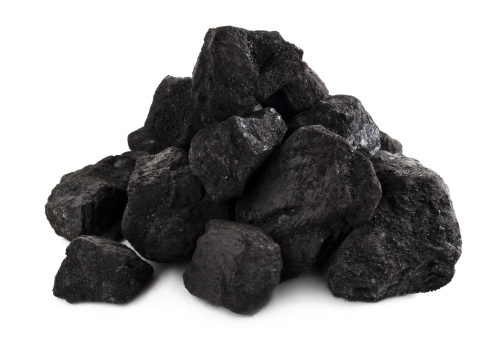Energy
Leveraged Loan Default Rate Soars on Coal Miner Bankruptcies
Published:
Last Updated:

The default rate for energy companies at the end July was 3.1%, and the overall default rating would have been just 0.5% were it not for the bankruptcy of the operating unit of Caesars Entertainment.
The data come from a report on leveraged loan default rates out Friday from Fitch Ratings. The agency’s senior director of leveraged finance said:
The default rate for metals/mining only stands to increase. Alpha [Natural Resource’s] filing will push the rate above 11%, and potential bankruptcies from Arch Coal and Peabody Energy would make a 25% default rate a reality for the sector. However, the default outlook for the broader corporate loan market is tame.
ALSO READ: Analyst Says Do Not Wait for Oil Bottom, Buy Quality Large-Caps Now
Here are some other data points from Fitch:
Term loans in the energy and metals/mining sectors have been pressured by recent market turmoil and the drop in oil prices. As of August 24, 20% of current energy companies were bid below 70 cents, versus just 1% on Dec. 31, 2014. Fifty-four percent of outstanding energy term loans were bid below 90 cents, up from 42% one month earlier. Metals/mining loans saw a similar trend, with 45% of terms loans bid at less than 90 cents versus 35% in mid-July.
Earlier this month, Fitch issued a report on distressed debt exchanges similar to the ones done by both Walter Energy and Alpha. The ratings agency found that nearly two-thirds of companies that conclude such an exchange will default within one year.
That is not good news for either Arch Coal Inc. (NYSE: ACI) or Peabody Energy Inc. (NYSE: BTU), nor the investors who have bid the stock up to recent highs. Arch is expected to announce results of its debt swap that was extended for two weeks as the company was believed to be trying to come to terms with creditors who oppose the proposed swap.
Arch stock traded up nearly 13% in the noon hour Friday, at $7.94 in a 52-week range of $1.00 to $31.70.
Peabody’s stock was up about 6.5%, at $2.43 in a 52-week range of $0.99 to $15.94, after jumping about 30% on Thursday.
ALSO READ: 4 Natural Gas Exploration and Production Stocks With Massive Upside Potential
After two decades of reviewing financial products I haven’t seen anything like this. Credit card companies are at war, handing out free rewards and benefits to win the best customers.
A good cash back card can be worth thousands of dollars a year in free money, not to mention other perks like travel, insurance, and access to fancy lounges.
Our top pick today pays up to 5% cash back, a $200 bonus on top, and $0 annual fee. Click here to apply before they stop offering rewards this generous.
Flywheel Publishing has partnered with CardRatings for our coverage of credit card products. Flywheel Publishing and CardRatings may receive a commission from card issuers.
Thank you for reading! Have some feedback for us?
Contact the 24/7 Wall St. editorial team.